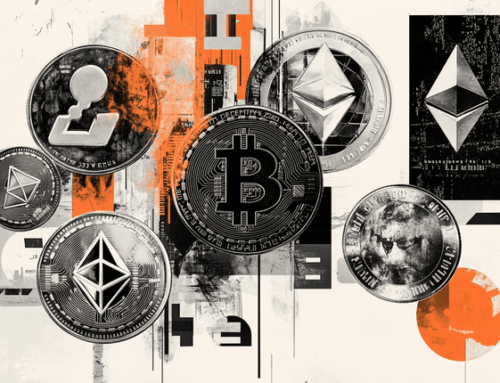EU accuses Meta of failing to police illegal content online
October 24, 2025

The EU has accused Meta of failing to adequately police illegal content online, as it moves closer to hitting the Big Tech group with a potentially hefty fine for breaching its landmark digital rules.
The European Commission, the bloc’s executive arm, on Friday said that Meta’s Facebook and Instagram did not have an easy and accessible mechanism for users to flag illegal content, such as child sexual abuse and terrorism material.
The move comes amid transatlantic tensions over the EU’s digital rule book. US President Donald Trump has threatened to punish countries that “discriminate” against US companies with higher tariffs.
“Our democracies depend on trust. That means platforms must empower users, respect their rights and open their systems to scrutiny,” said the EU’s tech chief Henna Virkkunen. “The DSA makes this a duty, not a choice.”
Under Europe’s Digital Services Act (DSA), which forces large online platforms to police their platforms more aggressively, companies found in breach of the digital rules could face penalties of up to 6 per cent of their global annual turnover. So far, Brussels has yet to issue any fines under the regulation.
In preliminary findings, Brussels added that Meta’s appeal mechanism — after content is removed or challenged — made it difficult for users to explain why they disagreed with Meta’s content decision, limiting its effectiveness.
Meta said it disagreed with any suggestion the group had breached the DSA and said it was continuing to negotiate with the European Commission.
It added: “In the European Union, we have introduced changes to our content reporting options, appeals process, and data access tools since the DSA came into force and are confident that these solutions match what is required under the law in the EU.”
Regulators also accused Facebook, Instagram and TikTok, the China-owned social media platform, of putting in place burdensome procedures and tools for researchers to request access to public data.
TikTok said the company is committed to transparency and has already made substantial investments.
It added: “We are reviewing the European Commission’s findings, but requirements to ease data safeguards place the DSA and GDPR in direct tension. If it is not possible to fully comply with both, we urge regulators to provide clarity on how these obligations should be reconciled.”
In May, the EU moved closer to fining TikTok, after it provisionally concluded that the platform had breached its rules for failing to provide an ad library that allowed proper scrutiny of online advertising.
Thomas Regnier, a spokesperson for the European Commission, said that “when accused of censorship, we prove that the DSA is doing the opposite. It is protecting free speech, allowing citizens in the EU to fight back against unilateral content moderation decisions taken by big tech”.
Search
RECENT PRESS RELEASES
Related Post



